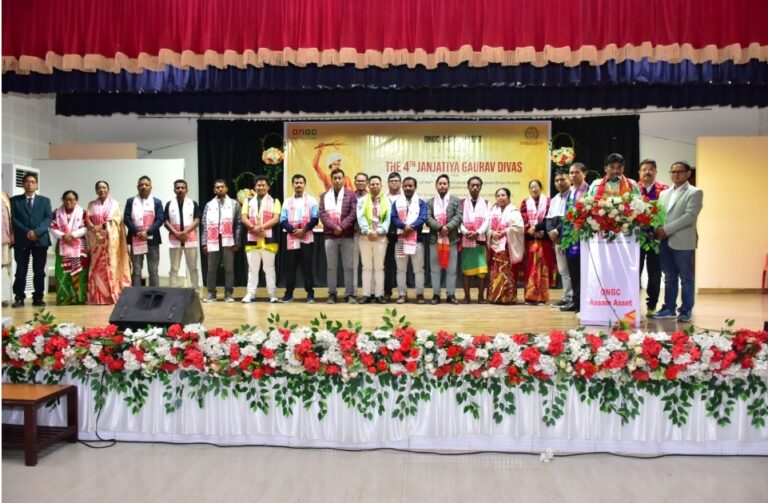New Delhi: Prime Minister Narendra Modi on Wednesday said that National Education Policy (NEP) 2020 is a long due and much-awaited reform in the education sector and the new policy is based on pillars of access, equity, quality, affordability and accountability which will transform India into a vibrant knowledge hub.
In a series of tweets, he said NEP gives utmost importance towards ensuring universal access to school education and replacing 10+2 structure of school curricula with a 5+3+3+4 curricular structure will benefit younger children.
“I wholeheartedly welcome the approval of the National Education Policy 2020! This was a long due and much-awaited reform in the education sector, which will transform millions of lives in the times to come!,” the Prime Minister said.
“NEP 2020 is based on the pillars of: Access. Equity. Quality. Affordability. Accountability. In this era of knowledge, where learning, research and innovation are important, the NEP will transform India into a vibrant knowledge hub,” he added.
The Prime Minister said NEP facilitates multiple pathways to learning.
“NEP 2020 gives utmost importance towards ensuring universal access to school education.
There is emphasis on aspects such as better infrastructure, innovative education centres to bring back dropouts into the mainstream, facilitating multiple pathways to learning among others,” he said.
PM Modi said changes in the structure of school curricula were in tune with global best practices for the development of mental faculties of a child.
“Replacing 10+2 structure of school curriculum with a 5+3+3+4 curricular structure will benefit the younger children. It will also be in tune with global best practices for the development of mental faculties of a child. There are reforms in school curricula and pedagogy too,” he said.
“NEP 2020 has provisions to set up a Gender Inclusion Fund and also Special Education Zones. These will specially focus on making education more inclusive. NEP 2020 would improve the education infrastructure and opportunities for persons with disabilities,” he added.
He said Indian higher education sector will have a holistic and multi-disciplinary approach.
“Thanks to NEP 2020, the Indian Higher Education sector will have a holistic and multi-disciplinary approach. UG education will offer flexible curricula, creative combinations of subjects, integration of vocational education,” the Prime Minister said.
He said that undergraduate education would also include multiple entry and exit points with appropriate certification and an Academic Bank of Credit will be set up to enable digital storage of credits earned from different HEIs, which can also be transferred and counted as a part of the final degree.
“Respecting the spirit ‘Ek Bharat Shreshtha Bharat’, the NEP 2020 includes systems to promote Indian languages, including Sanskrit. Many foreign languages will also be offered at the secondary level. Indian Sign Language (ISL) will be standardised across the country,” the Prime Minister said.
“Aspects such as widening the availability of scholarships, strengthening infrastructure for open and distance learning, online education and increasing the usage of technology have received great attention in the NEP. These are vital reforms for the education sector,” he added.
Noting that framing of NEP 2020 will be remembered as a shining example of participative governance, the Prime Minister thanked all those who have worked hard in the formulation of the NEP 2020. (ANI)















